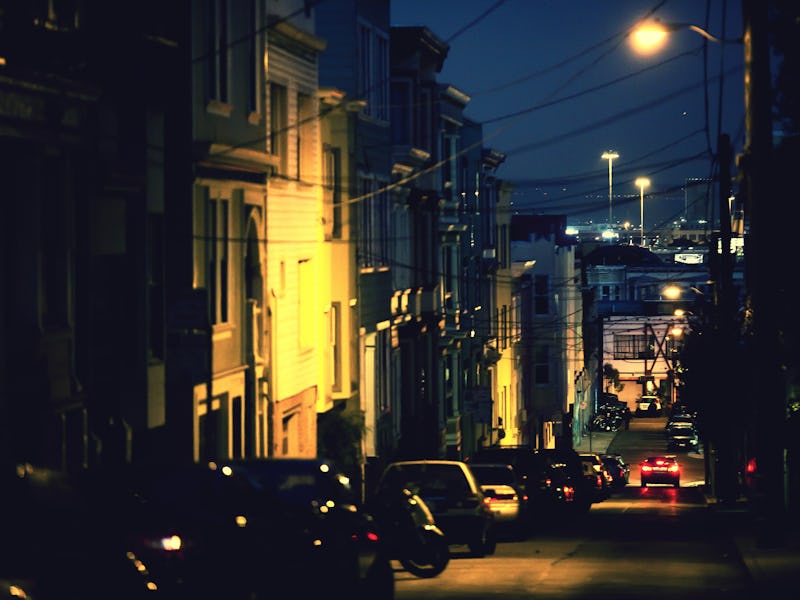AirBnB Is Turning San Francisco Into a Petrified City
Short-term rentals are limiting turnover in the vibrant neighborhoods once fueled by precisely that.

According to the latest page turner from San Francisco’s Board of Supervisor’s legislative analyst, short-term rentals (read: AirBnB bookings) have drastically reduced the number of vacant full-time rentals in the cities hippest neighborhoods. According to Fred Brousseau’s report to Supervisor David Campos, home-sharing platforms may be reducing vacant housing stock by up to 23% in the Mission District and the Haight. That’s quite a lot of percents - enough, in fact, to create a new housing effect. You may soon be able to tell when someone moved to the city from where they live.
What we talk about when we talk about gentrification is, in essence, the arrival of more monied people in a less affluent neighborhood and the subsequent pricing out of the original inhabitants. What we often don’t talk about is the number of people who attempt to move to an affordable neighborhood, but get propelled by a wave of money toward the financial reefs. Put in less ludicrous terms: A lot of would-be gentrifiers are pushed out by the end of year one. That’s the turnover of the thing and it particularly affects people with roommates, which is a nice way of saying young people.
What AirBnB is doing in San Francisco is essentially crystalizing the market. When someone’s financially secure roommate decides to make the move to Austin, they’re no longer bound for West Portal. By renting the room, they can turn a profit and keep their space. So long vacancies, hello neighborhood stability.
But stability has a price, with fewer apartments for rent in the Mission, the sort of people who want to live in the Mission will have to move elsewhere. Some will move to neighborhoods that are, in essence, brand new, like Dogpatch, but many will just move to less affluent zones and start a similar gentrification cycle. Once these gentrifying neighborhoods hit a critical level of hipness, tourist will catch the scent of artisanal coffee (or whatever) and the AirBnB effect will crystalize the new zone. In essence, gentrification will expand outward in the sort of rings botanist count in dead trees.
It won’t be that simple of course. Rich people can always buy into pre-gentrified bliss, but the threat SF’s analyst articulates is that the city will harden into rock striated by class and move-in date. Wandering through SOMA, where injection drug users now lie on the stoops of beautiful condo buildings, it’s easy to conclude that this is already happening.
In a way, creating a system that benefits longer-term residents of the city by allowing them to maintain proximity to its more thriving neighborhood isn’t such a bad thing. The problem is that “longer-term” is extremely relative. AirBnB was founded in 2009, which represents year zero for the latest iteration of Shaky Town.